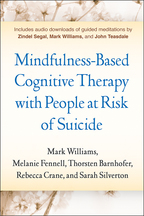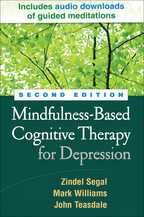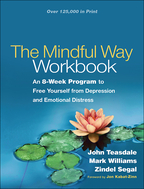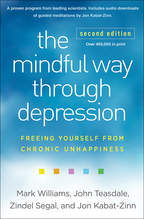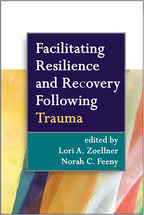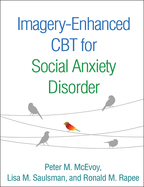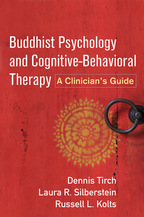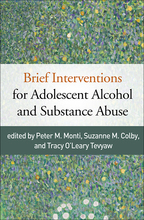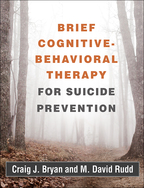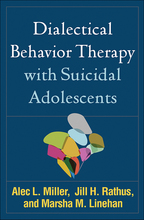Mindfulness-Based Cognitive Therapy with People at Risk of Suicide
Mark Williams, Melanie Fennell, Thorsten Barnhofer, Rebecca Crane, and Sarah Silverton
I. Theoretical and Research Background
2. The Origins of Despair: An Evolutionary Perspective
3. Why the Idea of Suicide Won't Let Go
4. How Could Mindfulness Help?: Doing and Being
II. MBCT for Those at Risk of Suicide
5. Assessing Vulnerability to Depression and Suicidality
6. Developing the Preclass Interview: Encouraging Vulnerable Participants to Engage in and Persist with Mindfulness Meditation
7. Session 1: Awareness and Automatic Pilot
8. Session 2: Living in Our Heads
9. Session 3: Gathering the Scattered Mind
10. Session 4: Recognizing Aversion
11. Session 5: Allowing/Letting Be
12. Session 6: Thoughts Are Not Facts
13. Session 7: How Can I Best Take Care of Myself?
14. Session 8: Maintaining and Extending New Learning
15. How Does MBCT Enable Transformation?: Jane's Story
III. Training Teachers and Defining Competence
16. MBCT Teaching Integrity: Assessing Mindfulness-Based Teaching Skills
17. The Experience of Being an MBCT Teacher
IV. MBCT—The Results
18. Mindfulness on Trial: Does MBCT Help People at Risk of Suicide?
Further Reading and Resources
References

